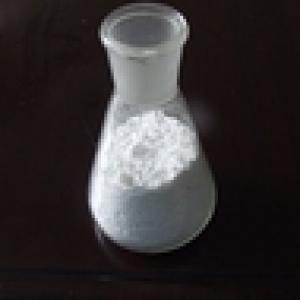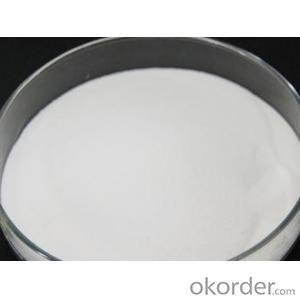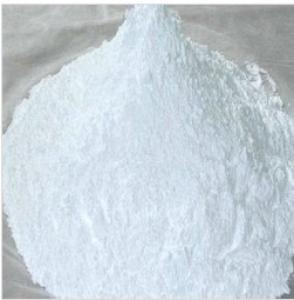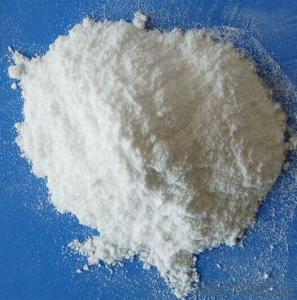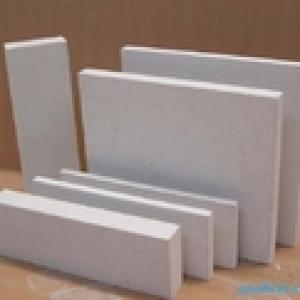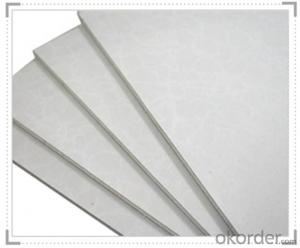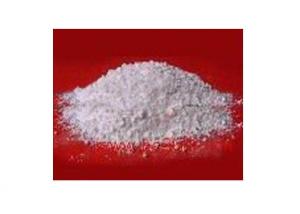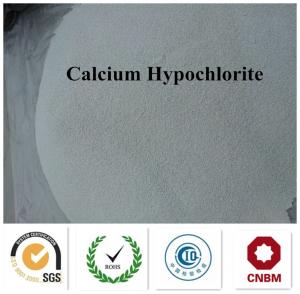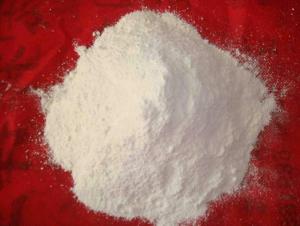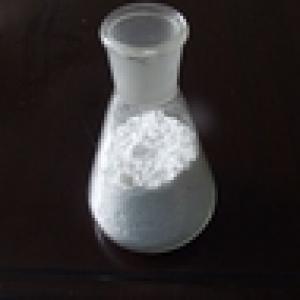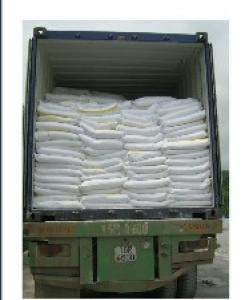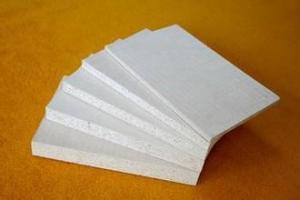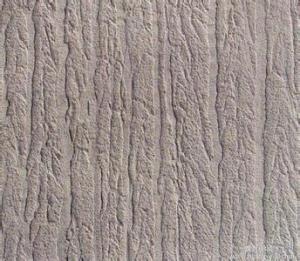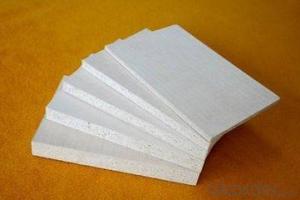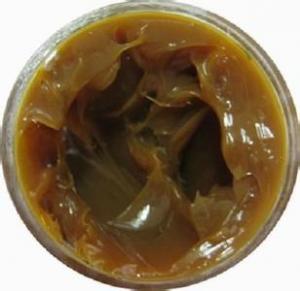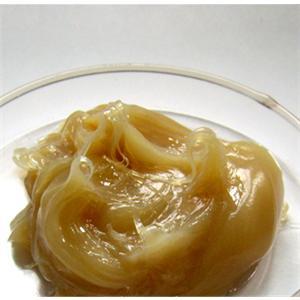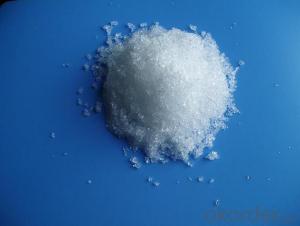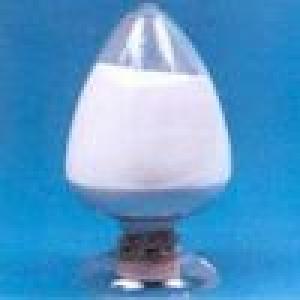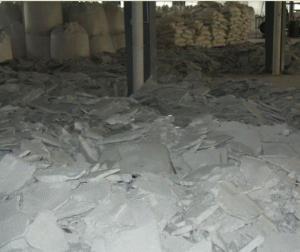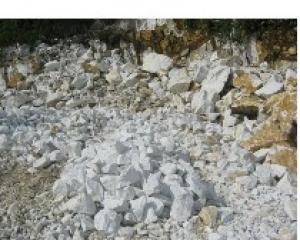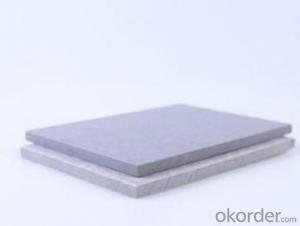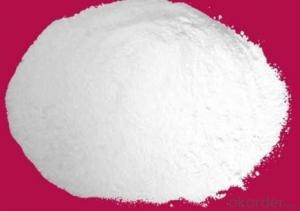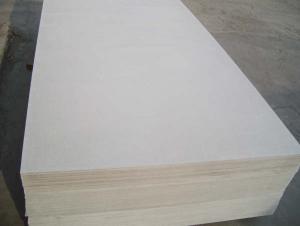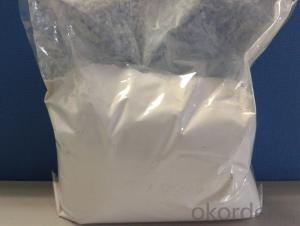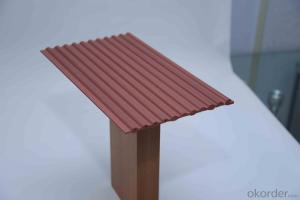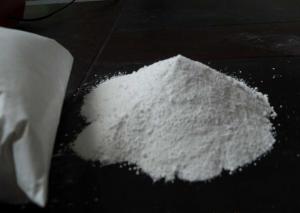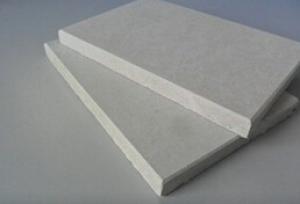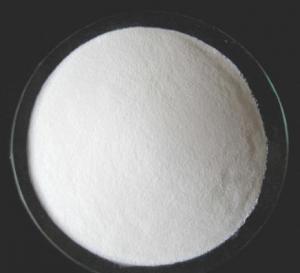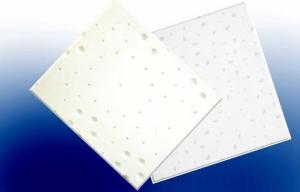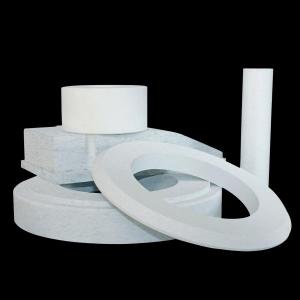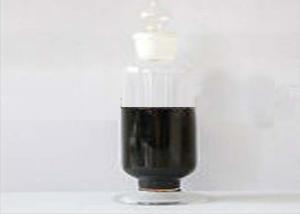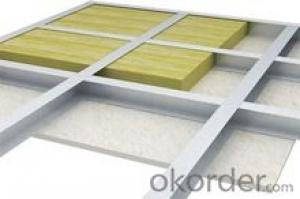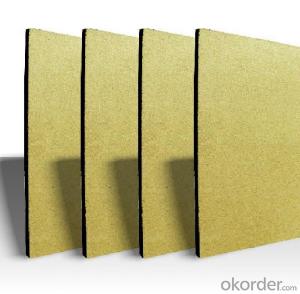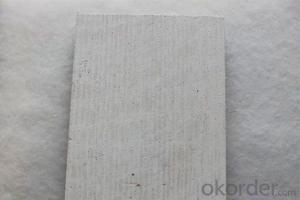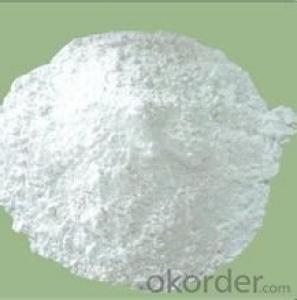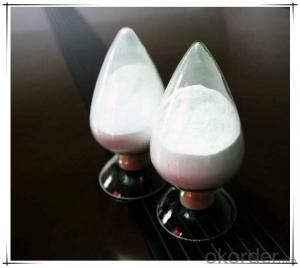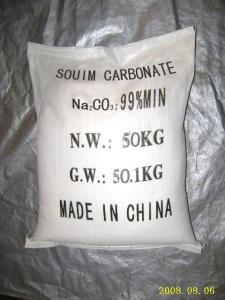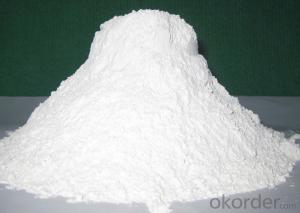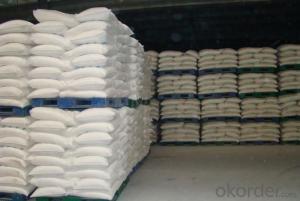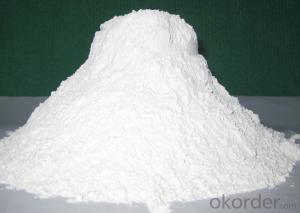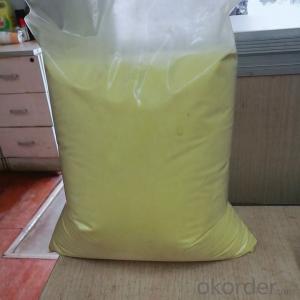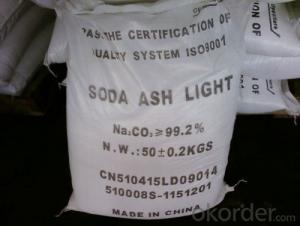Calcium Borate
Calcium Borate Related Searches
Calcium Oleate Calcium Aluminate Calcium Fluorite Calcium Fluoride Calcium Hypochlorite Calcium Silicate Fertilizer Calcium Peroxide Calcium Silicate Slag Calcium Chloride Crystals Magnesium Bicarbonate Calcium Oxide And Silicon Dioxide Hydrated Magnesium Silicate Magnesium Sulphate Silicate Salts Caustic Soda Flakes Carbon Graphite Block Magnesium Powder Canada Carbon Graphite Electrode Magnesite Powder Acetylene Carbon Black Ceramic Pigment Magnesium Metal Powder Magnesium Silicate SolubilityCalcium Borate Supplier & Manufacturer from China
Calcium Borate is a chemical compound consisting of calcium, boron, and oxygen, widely recognized for its unique properties such as low toxicity, high thermal stability, and excellent moisture resistance. It is commonly used in various industries, including ceramics, glass, and detergents, where it serves as a flux, a fire retardant, or a water softener, respectively. The product's versatility and effectiveness in these applications make it a valuable component in the manufacturing process.In terms of usage, Calcium Borate is often incorporated into products to enhance their performance and durability. For instance, in the ceramics industry, it helps to lower the sintering temperature and improve the mechanical strength of the final product. Similarly, in the glass industry, it acts as a flux to lower the melting point of the glass, making the manufacturing process more energy-efficient. In detergents, it serves as a water softener, preventing the formation of soap scum and improving cleaning performance.
Okorder.com is a reputable wholesale supplier of Calcium Borate, boasting a large inventory to cater to the diverse needs of various industries. As a reliable source for this product, Okorder.com ensures that customers receive high-quality Calcium Borate that meets their specific requirements. With a commitment to customer satisfaction and a focus on providing top-notch products, Okorder.com stands out as a preferred supplier for Calcium Borate in the global market.
Hot Products
